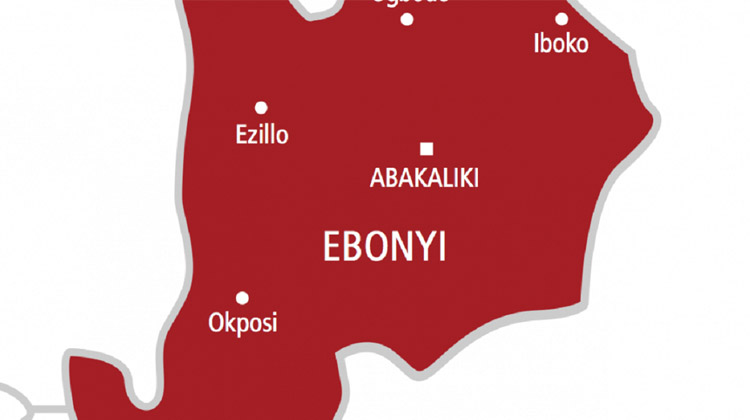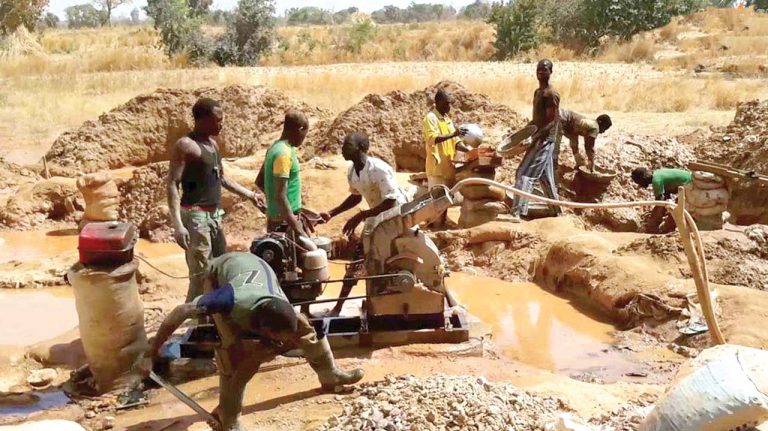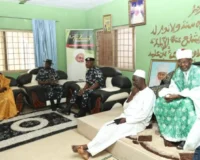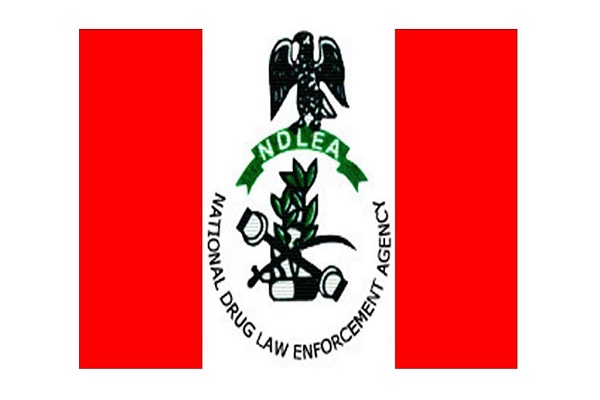Kaduna State Governor Nasir El-Rufai, on Monday, said unlike his colleagues who become federal legislators after their constitutional limit of two terms as governors, he won’t ‘retire’ to the National Assembly.
“I know that many of our colleagues; governors retire to the Senate. I can assure you that I will never retire to the legislature because I don’t think I will function there. So, I really have great respect for those in the legislature and have it function,” El-Rufai said in Abuja at the second edition of the ‘Distinguished Parliamentarian Lecture’ organised by the National Institute for Legislative and Democratic Studies.
Senate President Ahmad Lawan and the Speaker of the House of Representatives, Femi Gbajabiamila were some of the dignitaries in attendance at the programme.
El-Rufai, whose second term as Kaduna governor ends in May 2023, said being a legislator is perhaps the ‘hardest job’ in the country and he has no patience for the officialese of the second arm of government.
“The legislature is one branch of government I know I can never function. The hard work needed to convince people to support even your motion is something some of us have no patience for.
“You know management in the executive is very straightforward; it is very hierarchical and once you are a governor, your word is almost law. In the legislature, everybody is equal and there is no leadership or management more difficult than managing your equals.
“I don’t envy Mr Speaker and the Senate president at all because their job is perhaps is the hardest job in this country. Managing equals is difficult, managing subordinates is very easy, you can hire and fire but managing equals is not,” the governor said.
Since Nigeria’s return to democracy in 1999 after years of military rule, the National Assembly has been described as a ‘retirement home’ for former governors who ride on the power of incumbency to win Senatorial and House of Representatives elections.
About 20 former governors were elected into the Ninth National Assembly in 2019. Some of them include Rochas Okorocha (Imo), Ibikunle Amosun (Ogun), Abdulaziz Yari (Zamfara), Kabiru Gaya (Kano), Abdullahi Adamu (Nasarawa), Chimaroke Nnamani (Enugu) Orji Kalu (Abia), Gabriel Suswam (Benue), and Ibrahim Shekarau (Kano), amongst others.







